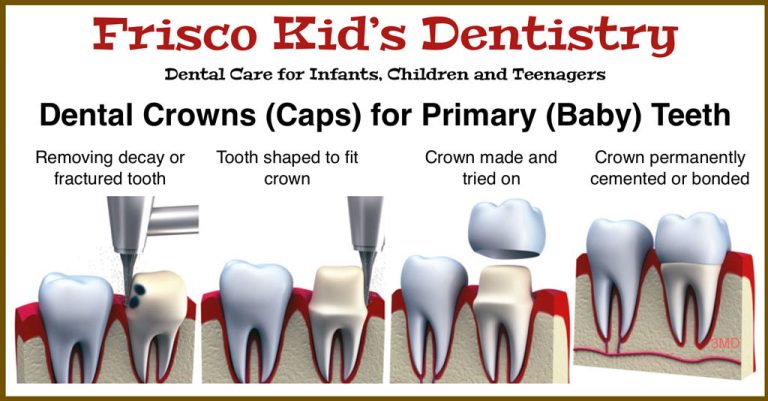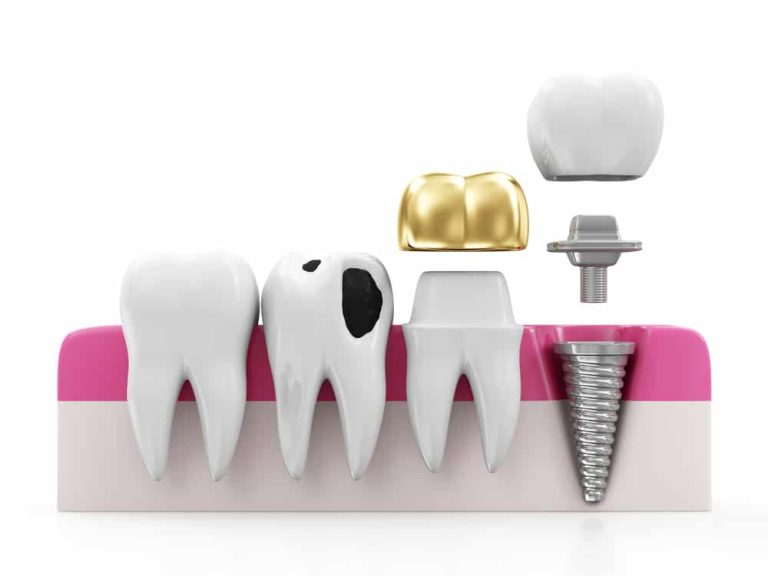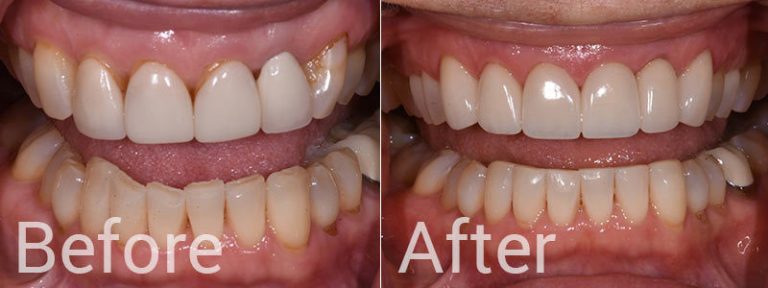Tooth Crown Fell off But No Pain: Quick Fixes!
Last Updated on 4 months by DR. ALBIN SIPES
A tooth crown falling off without pain still requires dental attention. Prompt action can prevent potential complications.
Losing a dental crown can be disconcerting, but the absence of pain might lead you to underestimate the urgency of the situation. It’s essential to understand that the underlying tooth remains vulnerable to damage and decay. Even without discomfort, it is crucial to contact your dentist to address the issue.
They will advise on immediate steps, which may include storing the crown safely and avoiding certain foods. Acting quickly can help ensure the tooth’s integrity and avoid further dental procedures. Remember, a crown serves as protection for a damaged or weakened tooth; without it, the tooth is at risk, and the sooner it is reattached or replaced, the better for your oral health.
Introduction To Tooth Crown Complications
A dental crown acts as a protective cover for damaged teeth. Yet, crowns can sometimes face complications. These issues might arise from wear and tear, dental habits, or other factors. Recognizing the signs of trouble can help maintain oral health.
Common Reasons For A Crown Falling Off
Several factors can lead to a crown becoming loose or detached. Common culprits include:
- Dental decay: Underlying tooth decay can weaken the bond between tooth and crown.
- Adhesive failure: The cement keeping the crown in place can break down over time.
- Impact: A hit to the mouth may dislodge a crown.
- Grinding: Teeth grinding can loosen crowns.
Why Some Cases Lack Pain
Not all cases of a fallen crown cause discomfort. No pain may be due to:
- No nerve: If the tooth’s nerve was removed, you might not feel pain.
- Minor damage: The tooth under the crown may be intact, causing no pain.
Immediate Steps After A Crown Falls Off
Losing a dental crown can be surprising. You might expect pain, but sometimes, there’s none. It’s still crucial to act fast to protect your tooth and save the crown. Let’s go over what you should do immediately after your crown falls off.
Cleaning The Crown And Tooth
First, find the crown and rinse it gently. Use warm water, not hot. Be careful to avoid losing it down the drain. Next, clean your tooth. Use a soft toothbrush and rinse your mouth with warm water. Avoid using any cleaning agents or chemicals.
Temporary Storage Of The Crown
Keep the crown safe until you see the dentist. Place it in a small container with a lid. Use cotton wool or tissue to cushion it. This will help prevent damage to the crown. Bring the container with you to your dental appointment.
Remember, call your dentist as soon as possible. They will give you further instructions and book an appointment to reattach or replace the crown.
Home Remedies For A Displaced Crown
Experiencing a displaced tooth crown can be unsettling, yet sometimes, there’s no pain. Until you can visit a dentist, home remedies may offer a temporary fix. These solutions can help secure the crown and protect your tooth.
Over-the-counter Dental Cement
One immediate solution is over-the-counter dental cement. This special glue helps fix the crown back in place. Follow these steps:
- Clean the crown and tooth area gently.
- Mix the dental cement according to the package instructions.
- Apply a small amount of cement inside the crown.
- Place the crown on the tooth and bite down to secure it.
- Wipe away any extra cement.
Dental Wax Or Sugar-free Gum Alternatives
If dental cement is not available, dental wax or sugar-free gum can work. These act as a cushion and temporary hold. Here’s how to use them:
- Roll a small piece of wax or sugar-free gum into a ball.
- Press it into the crown or the exposed tooth area.
- Gently place the crown back over the tooth.
- Adjust for comfort but avoid chewing on it.
Remember, these are temporary solutions. See a dentist soon.
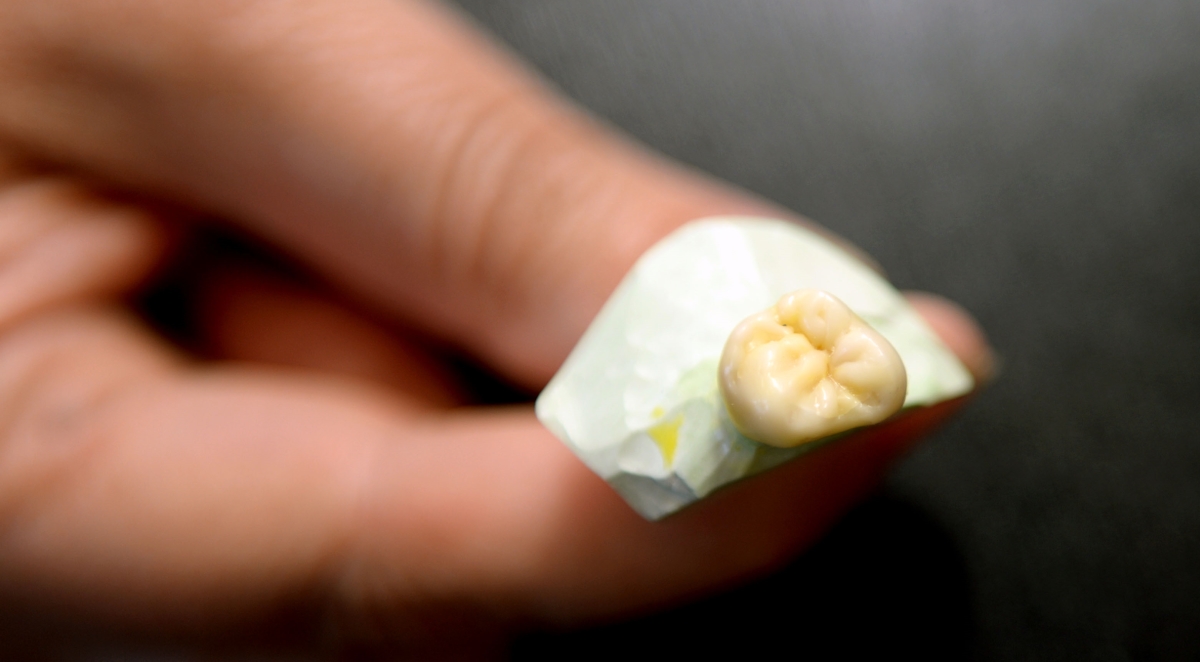
When To Seek Professional Dental Care
A tooth crown falling off can be startling. You might feel lucky there’s no pain. But don’t let the lack of discomfort fool you. It’s crucial to get dental care swiftly. Your tooth is vulnerable without its crown.
Assessing The Need For Urgent Dental Visit
- Visible damage to the tooth or crown requires immediate care.
- If the underlying tooth feels sensitive or looks decayed, see a dentist.
- Difficulty eating or speaking are signs to book an appointment.
Even without pain, your tooth needs protection. The crown serves as a shield. Without it, your tooth could get worse.
Risks Of Delaying Professional Treatment
| Risk | Consequence |
|---|---|
| Infection | Germs can attack the exposed tooth, leading to infection. |
| Dental decay | Lack of a crown can speed up decay in the tooth. |
| Structural damage | The tooth can break or wear down faster. |
Ignoring a fallen-off crown can lead to more serious problems. It’s best to get it fixed right away. Your smile depends on it.
Preparation For The Dental Appointment
If your tooth crown falls off but you feel no pain, seek dental help. Acting promptly can save your tooth and crown. Proper preparation can make your dental visit smooth.
What To Bring And Tell Your Dentist
Bring your fallen crown to the appointment. If possible, keep it clean and safe. Note any details about the incident. Did the crown feel loose before? Did it come out while eating?
Share your dental history and recent treatments with your dentist. This helps them understand your case better. They can then provide the right solution for you.
Managing Anxiety And Expectations
Feeling anxious before a dental visit is common. Try deep breathing exercises to calm your nerves. Understand the process to set realistic expectations.
Ask questions about the procedure. Your dentist can explain steps to ease your worries. They may offer sedation options if needed.
Prepare for possible outcomes. Your crown might be reattached or replaced. Your dentist will aim for the best result for your dental health.

The Dental Crown Reattachment Process
A tooth crown can fall off, but sometimes there’s no pain. This situation needs attention. Let’s talk about how to reattach a dental crown.
Evaluation Of Tooth And Crown
First, a dentist checks the tooth and crown. They need to see if reattachment is possible. This step is very important.
- Check the tooth’s health: Is it strong enough?
- Inspect the crown: Is it in good shape?
- Look for decay: Is the tooth healthy under the crown?
This check-up tells the dentist how to move forward. Sometimes, they might need to fix the tooth first.
The Fixing Procedure Explained
If everything looks good, the dentist can reattach the crown. Here’s how they do it:
- Clean the tooth and crown. This is very important.
- Apply dental cement. This glue holds the crown.
- Place the crown back on the tooth carefully.
- Check the fit. The dentist makes sure it’s just right.
The process is not scary. It helps keep your tooth safe and looking good.
Remember, always see a dentist if your crown falls off. They know best how to fix it.
Preventing Future Crown Issues
Preventing future crown issues is crucial for oral health. If your tooth crown fell off but you feel no pain, don’t ignore it. Proper care can prevent it from happening again. Let’s explore how to keep that smile intact.
Best Practices For Crown Maintenance
Keeping your dental crown in top shape requires daily care. Follow these simple steps:
- Brush twice a day to keep your crown clean.
- Floss daily, especially around your crown.
- Use fluoride toothpaste to strengthen teeth.
- Don’t miss dental check-ups.
- Avoid hard foods that can crack crowns.
Lifestyle Changes To Protect Dental Work
Your lifestyle can impact the longevity of your dental work. Make these changes:
- Cut down on sugary snacks.
- Quit smoking to improve oral health.
- Wear a mouthguard during sports.
- Don’t chew on hard objects like ice.
- Manage stress to avoid teeth grinding.
Understanding Tooth Crown Longevity
Dental crowns often restore smiles with confidence. Yet, their lifespan varies. Proper care and regular check-ups are key. A crown falling off without pain signals an issue. It’s vital to know what affects crown longevity and the signs of potential failure.
Factors Affecting Crown Lifespan
Dental crowns can last many years with correct care. Several factors influence their lifespan.
- Material: Crowns come in different types. Porcelain, gold, and zirconia differ in durability.
- Oral Hygiene: Regular brushing and flossing extend crown life.
- Dental Habits: Avoiding hard foods and not grinding teeth can prevent damage.
- Professional Care: Dentist visits for check-ups and cleanings are crucial.
Signs Of Crown Failure To Watch For
Knowing signs of crown failure helps prevent bigger problems. These signs include:
| Sign | Description |
|---|---|
| Looseness | A crown should fit snugly. Movement means trouble. |
| Discomfort | While no pain may be present, any discomfort is a red flag. |
| Visible Damage | Chips or cracks in a crown need prompt attention. |
| Wear | Uneven wear or tear suggests a visit to the dentist. |
Conclusion: Ensuring Dental Health
Losing a tooth crown can surprise you, but not feeling pain is common. It’s important to keep your teeth healthy. Let’s look at what you should do next.
Recap Of Immediate Actions
- Find the crown if you can. Keep it safe.
- Clean your mouth and the crown gently.
- Use over-the-counter dental cement if needed.
- Call your dentist right away.
These steps help prevent more problems. They are important.
Importance Of Regular Dental Check-ups
Visiting the dentist often keeps your teeth healthy. It is very important.
- Find problems early. This saves your teeth.
- Get cleanings. They keep your mouth healthy.
- Update treatments. Your mouth changes over time.
Always remember, keeping a regular check-up schedule is key to a healthy smile.
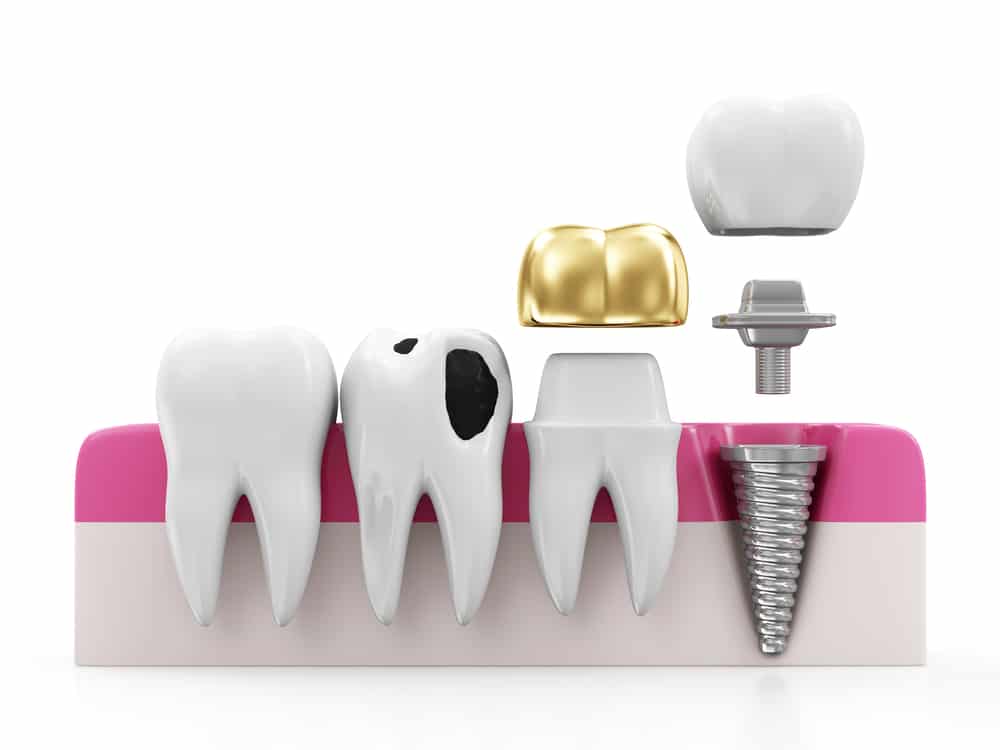
Conclusion
Losing a tooth crown can be unsettling, yet the absence of pain is a fortunate aspect. It’s crucial to seek a dentist’s advice promptly to prevent potential complications. Remember, early intervention can save your tooth and ensure your smile stays healthy and bright.
Don’t delay in taking the necessary steps towards dental care.

